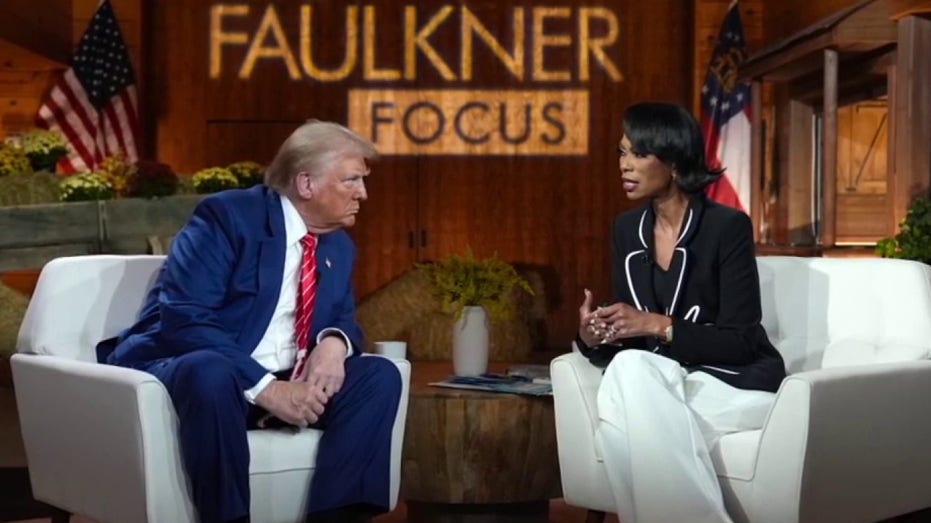Oregon ballot measure would tax big corporations more, return revenue as rebate to residents
Activists in Oregon are supporting a ballot measure Tuesday that would levy an added tax on big corporations and return the revenue to the people in the form of a rebate.

Oregon voters will have the opportunity on Tuesday to vote on a first-in-the-nation ballot measure that would levy an additional tax on large corporations to be returned to the people as a basic-income "rebate."
The measure would increase the corporate minimum or corporate income tax by 3% on sales above $25 million, which in turn would provide the Beaver State’s 4 million people with an estimated $750 each, according to its chief proponent.
Antonio Gisbert, a former neuroscientist-turned-organizer and one-time representative for AFSCME, is the chief petitioner of the ballot measure. He told OpenDemocracy in a recent interview, "$750 annually can be negligible or transformative depending on your privilege, income, and socioeconomic status."
Gisbert added a second review by the Oregon government estimated the levy would collect $7 billion and raise the rebate to $1,600-per-Oregonian. In other comments, Gisbert said the new program would greatly reduce poverty in the state.
INGRAHAM: PORTLAND, OREGON IS AN EXAMPLE OF DEMOCRATS' ‘RULE AND RUIN’
Lower-income residents could opt for a direct cash payment, according to another analysis.
Gisbert told States Newsroom that big corporations should "pay their fair share."
"And when they do that, could you use about 1,600 bucks for yourself and every member of your household? Yeah. Fantastic. Vote yes."
The measure is supported by several left-wing entities, including the Oregon Progressive Party and the Pacific Green Party, but notably has bipartisan opposition.
Oregon Reps. Lori Chavez-DeRemer, a Republican, and Val Hoyle, a Democrat, joined Democratic Gov. Tina Kotek, and top Oregon corporation Nike in that regard, according to several reports.
"It is a tax so bad that even prominent Democrats stand with Republicans in rejecting it," state House Minority Leader Jeff Helfrich, R-Hood River, told Willamette Week.
FORMER TRUMP AIDE MAKES CASE FOR RED COUNTIES SEEKING BLUE-STATE SECESSION TO DO SO
Kotek told the outlet that the ballot measure "may look good on paper" but predicted it would "punch a huge hole in the state budget" and risk essential services for the working families it seeks to help.
Chavez-DeRemer said in August the new tax-and-rebate would cause statewide inflation and would be "the last thing our state needs right now."
"Join me in Voting no on Measure 118," she said.
In its own analysis, the Tax Foundation railed against the proposal, calculating that with the minimum gross-receipts tax of 3%, a qualifying company with profits running at 7% would face an effective 42% corporate income tax.
The only other state with anything remotely similar to the tax-to-rebate program is Alaska, which Gisbert cited in wanting to provide Oregonians a similar return.
CLICK HERE TO GET THE FOX NEWS APP
For more than 40 years, Juneau has paid Alaskans a dividend of the state’s revenue from oil and energy production.
However, Alaska’s dividend is not an additional levy on the oil industry, but a slice of the state’s standardized revenue returned to the people.
The lowest annual dividend was $386 in 1982 and the highest was $3,284 under Republican Gov. Mike Dunleavy in 2022.
Dunleavy has pushed for higher dividends for Alaskans while lambasting the federal government for continuing to attack oil and gas exploration in the Last Frontier, and thereby risking the dividend.
"President Biden is searching for oil anywhere on the planet except at home," he told Fox News Digital in a prior interview.
What's Your Reaction?

















